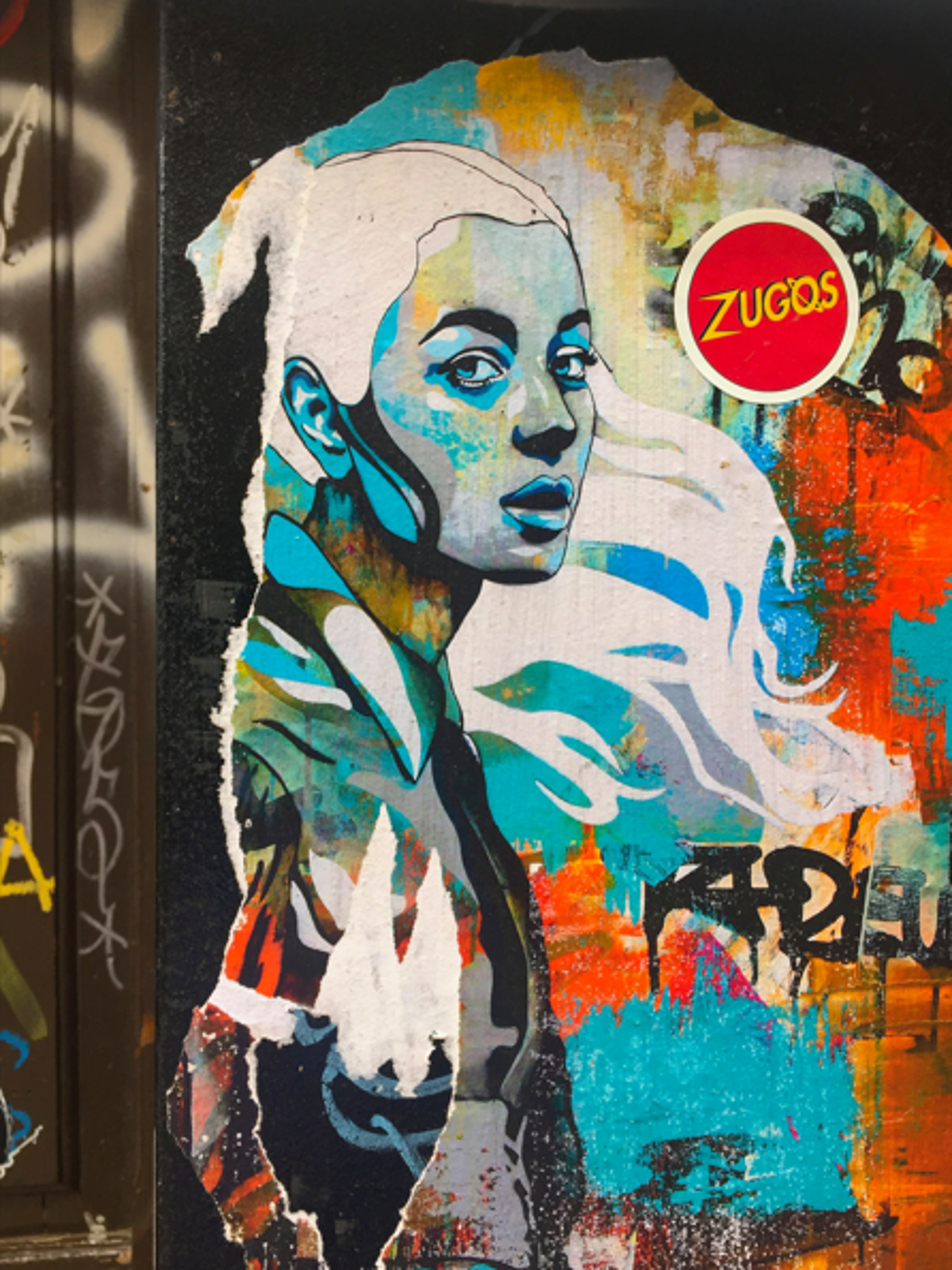Creative Media for Social Change
About the research group
🌍 Developing and testing creative, participatory interventions the research group Creative Media for Social Change develops and tests creative interventions using participatory design. We co-create interventions aimed at fostering connection, imagination and change, particularly in societal challenges and transitions. Our interventions range from artistic practices, speculative and interrogative design, to collaborative video.
Mission & Vision 🌟
In developing and researching tools that enable new forms of connection, imagination, and change, we focus on creative media tools. Here we use a broad definition of ‘media’, so for example: installations and artistic interventions, various types of design, storytelling, and generative artificial intelligence. These are just some of the forms we explore to invite new perspectives, spark dialogue, challenge the status quo, and strengthen a sense of connectedness. Which tools can we use to (un)learn together, grow together, and face today’s societal challenges?
We collaborate with professionals who are committed to social change. Our aim is to explore and shape change together with all those involved.

The themes we work on include:
1. Imagination – How can we step off the beaten path and walk new ones? To enable social change, we need new perspectives.
2. Participation and ownership: How can diverse groups take part in and become owners of social transitions?
3. Storylistening and storytelling: A key element in co-creation is the ability to listen to and tell new stories from multiple perspectives. Listening, in this context, goes beyond spoken words, it includes what remains unsaid. Listening as a method brings attention to silence, absence, and emotional undercurrents.
4. Impact of creative and social initiatives: Creative and socially driven interventions often aim to question or disrupt the status quo. We assess impact in three ways:
i) by looking at both the process and the outcomes;
ii) by evaluating the value of the initiative (and the co-creation behind it) from multiple perspectives;
iii) by capturing the emotional and experiential impact on those involved.

In our research, we work with and for those involved, so that knowledge emerges from within — inspired by Tim Ingold’s concept of “Correspondence” (2020). The core qualities we strive for are:
1. Generosity: This means receiving what is shared with openness and care, placing listening and attention to the other at the centre.
2. Open-endedness: Our research does not aim for definitive solutions, but for ways of “making room for everyone and everything, now and in the future” (Ingold, 2020). This requires an open attitude and a willingness to do slower, more subtle work that leads to long-term change.
3. (Self-)Questioning: This principle starts from the recognition that there is no single way to live or to know. Choosing a direction means leaving others unexplored. As researchers, we must keep asking: why this path and not another?
4. Creative-critical: We start from the belief that change is possible and that we must seek new ways of living together. We aim to co-create that change in a light, playful way — making room for everyone’s interests and humanity.